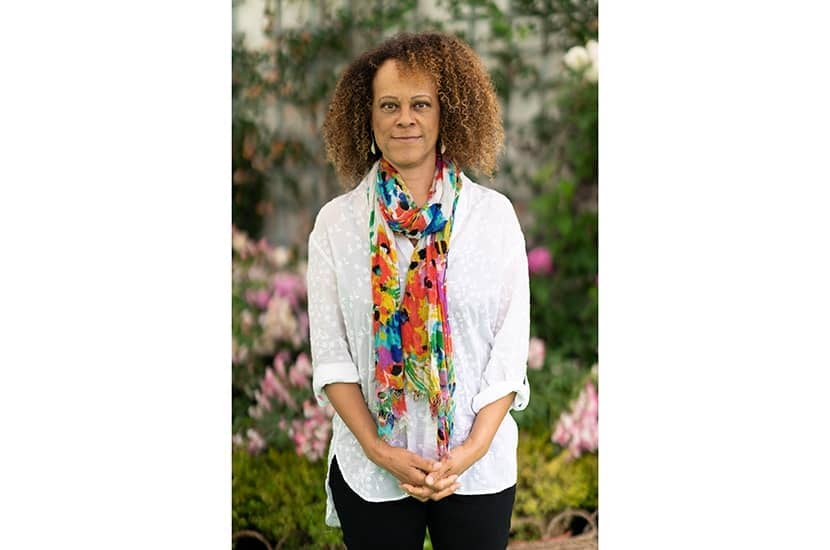Bernardine Evaristo’s Manifesto — part instructional guide for artists, part call to arms for equality, part literary memoir —shimmers with unfailing self-belief and a strong vein of humility. When Evaristo won the Booker Prize in 2019 for her magnificent seventh novel Girl, Woman, Other, the first black woman to do so, it was the pinnacle of a career devoted not just to honing her craft but to helping others traditionally excluded from the literary world, through teaching, mentoring and activism.
There is a great deal of style to Evaristo’s life story; her childhood has strong storybook notes. Her home was a huge, rundown house in south London with 12 rooms, eight children and a bannister valiant enough to bear them. In their front room stood two broken antique pianos. The young Bernardine dreamed of formica and linoleum. Her white, Catholic, teacher mother was a terrific home-maker, insisting on healthy eating and tons of cuddles.







Comments
Join the debate for just $5 for 3 months
Be part of the conversation with other Spectator readers by getting your first three months for $5.
UNLOCK ACCESS Just $5 for 3 monthsAlready a subscriber? Log in